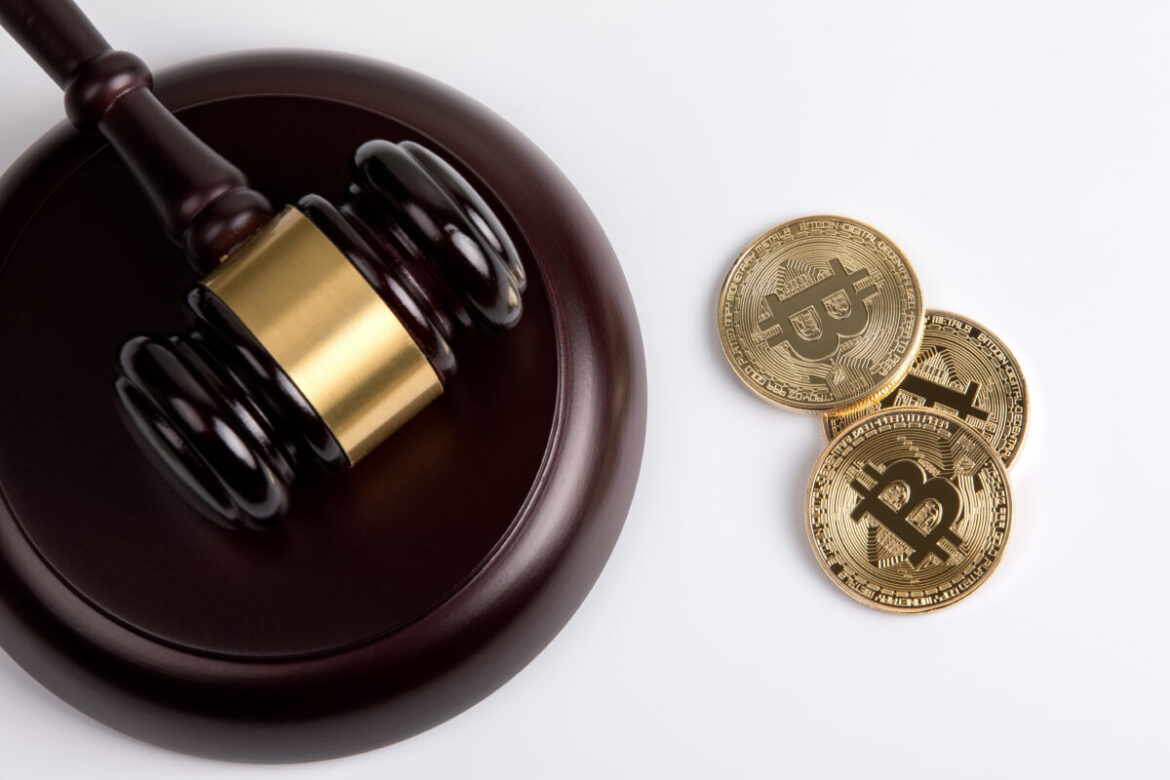PwC Middle East‘s latest report has identified a facilitative model for cryptocurrency regulation in the UAE; one of the fastest-growing cryptocurrency markets in the world.
PwC Middle East has identified a three-stage facilitative model for UAE regulators to ensure transparency and compliance to promote long-term growth in the sector.
This was the primary narrative of its latest report, titled ‘The UAE Virtual Assets Market’, which provides insight into cryptocurrencies and virtual assets in the UAE.
The report recommends regulatory measures for one of the largest cryptocurrency markets in the world. Currently, the UAE’s share in the global market sits at around $25billion in transactions, a figure that has increased 500 per cent between July 2020 and June 2021. Regionally, the UAE ranks third by volume, behind Turkey at $132billion and Lebanon at $26billion.
The UAE has been actively encouraging the growth of its crypto industry, having enacted Dubai’s Virtual Assets Law alongside the founding of the Dubai Virtual Assets Regulatory Authority (VARA), and while the industry was largely unregulated a few years ago, recent legislative measures have shown the government’s commitment to reduce the potential financial crime risk in the nascent industry.
The three-stage facilitative model put forward in the report incorporates:
Clear regulations
This crucial building block is clear and unambiguous legislation, backed by law enforcement. The report recommends a comprehensive, all-encompassing framework that covers all anti-money laundering (AML), the combatting of the financing of terrorism (CFT) and financial crime aspects in this respect.
The report promotes the application of niche regulation in areas such as decentralised finance (DeFi) and non-fungible tokens (NFT), given the luxury real estate and arts market in the UAE, as this will not only help eliminate AML risks but also help the expansion of the market.
Institutional investors, who seek clarity and protection through regulations, invest in regulated markets. Additionally, regulatory certainty makes it easier for small firms to seek financing and establish banking relationships and retail investors are more confident when there is government endorsement.
Industry self-regulation
In addition to clear legislation, self-regulating approaches can also be extremely beneficial, especially in high-tech and rapidly advancing industries such as crypto where industry players have much greater expertise than external regulators.
Collaboration between fintechs, crypto firms, academics, consumer interest bodies and subject matter experts will enable regulators to reduce their monitoring and enforcement costs and encourage greater cooperation and compliance to mutually agreed standards.
Added benefits can include advanced training programmes and sharing of insights and research. Self-regulation is proposed as a counterpart to legislation, and not as a replacement, and requires the involvement and support of legislators for success.
International coordination and cooperation
Crypto’s travel rule and borderless nature not only cause friction and misalignment within its regulation but also make compliance difficult for firms, especially where extraterritorial treaties exist.
As a remedy to this, the report puts forward the necessity for greater international coordination, harmonisation, communication and cooperation between the UAE and other jurisdictions for the widespread adoption of crypto regulation to be successful.
Recognising how increased consumer demand and government support have generated growth within the UAE’s crypto market, Mahmoud Al Salah, financial crime compliance partner at PwC Middle East, describes the balance between inviting innovation and having robust regulations as the primary question for the UAE to address.
Salah comments: “In our proposed ‘three-stage facilitative model for UAE regulators’, we believe that regulators can benefit immensely in establishing clear and comprehensive regulations, collaboration with industry experts, and international cooperation to promote transparency, compliance and innovation within the industry.”
Image and article originally from thefintechtimes.com. Read the original article here.

